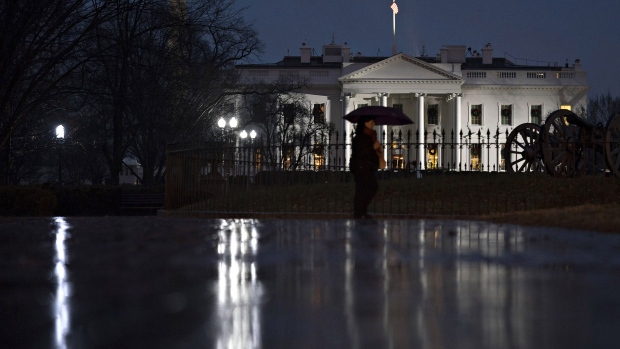Jan 8, 2019
White House said to roll out bill to expand Trump’s tariff powers
, Bloomberg News

President Donald Trump is expected to urge Congress in his State of the Union address this month to pass new legislation that would expand his powers to break down non-tariff barriers to American exports, according to people familiar with the plan.
White House trade advisor Peter Navarro’s office authored the bill, which would seek to give the president broad authority to increase U.S. tariffs if he considers other countries’ non-tariff measures to be too restrictive, a person briefed on the legislation said.
Other officials in the administration have vetted the bill, known as the U.S. Reciprocal Trade Act. The White House has been working on the initiative with a few House Republicans, the person said.
The proposal to give Trump more authority to raise duties without congressional approval comes after failed attempts by Republican senators to rein in his trade and tariff powers. The White House last year applied rarely used legal provisions to skirt Congress and slap tariffs on Chinese goods as well as steel and aluminum from most U.S. trading partners.
It’s unclear whether the White House bill will succeed, one of the people said, adding that while some Democrats are ideologically in favor of cracking down on unfair trade practices, they are unlikely to give Trump additional executive power. Democrats won control of the House in November’s midterm elections.
The legislation is part of the Trump administration’s strategy to further open foreign markets for American companies, many of whom have long complained that so-called non-tariff barriers abroad such as local customs and regulatory laws restrict their exports. Addressing non-tariff barriers is an important priority for the president, the people familiar with the legislation said.








